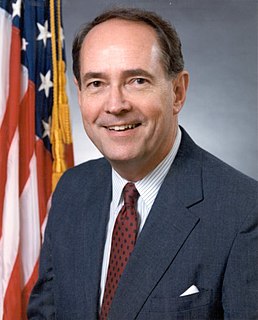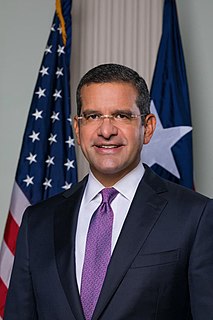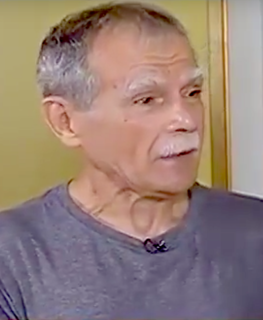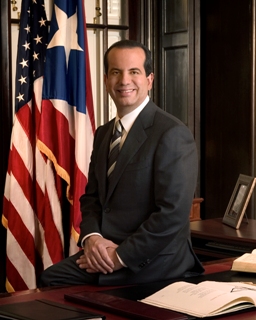A Quote by Dick Thornburgh
However, the sovereignty of the states is constitutionally defined and recognized, while the powers of the local government in Puerto Rico are defined by, and subject to alteration under, federal statutory law.
Related Quotes
I believe that the overwhelming majority of Puerto Rico wants to be Puerto Ricans. I have been in five different states in the United States, and I have found young Puerto Ricans in the states who really love Puerto Rico, who really want to do something for Puerto Rico. And for me, Puerto Rico has to be the promised land of all Puerto Ricans, whether we are in the United States or wherever we are at. But this has to be the promised land. Annexation will never be the answer.
Puerto Ricans are U.S. citizens, but by their own choice, Puerto Rico is not a state. The relationship has worked well for Puerto Rico - which has strengthened its culture, language and economy - and for the United States, which has helped create in Puerto Rico a showcase of democracy and prosperity for all of Latin America.
As a matter of law the states recognized no constraints on their legislative scope other than those that were self-imposed. Even where particular state constitutions paid ideological lip service to constraints deriving from religious or natural law doctrines, they reserved to some constitutionally-defined body or person the right to interpret these doctrines.
They [ the government of Puerto Rico] are asking to be given the right to declare bankruptcy, which I think should be an option, as a last resort, if there is no other resource. But there also need to be measures, changes within the government of Puerto Rico, in the ways that the island's funds are administered, not just to deal with this budget issue, but also to have, to attract the economic growth that is necessary for Puerto Rico to begin to grow economically. They are losing population, and they are losing economically.
In
the creation of the federal government, the states exercised the
highest act of sovereignty, and they may, if they please, repeat the
proof of their sovereignty, by its annihilation. But the union possesses
no innate sovereignty, like the states; it was not self-constitute d; it
is conventional, and of course subordinate to the sovereignties by
which it was formed.


























